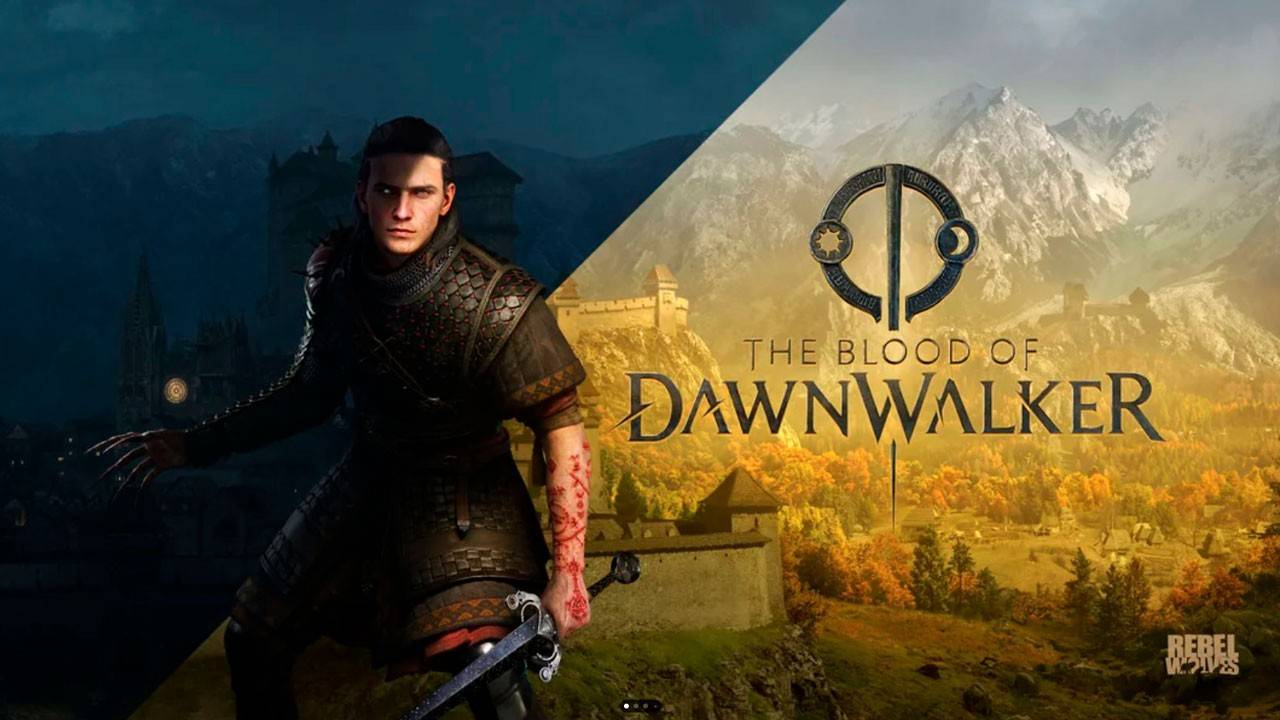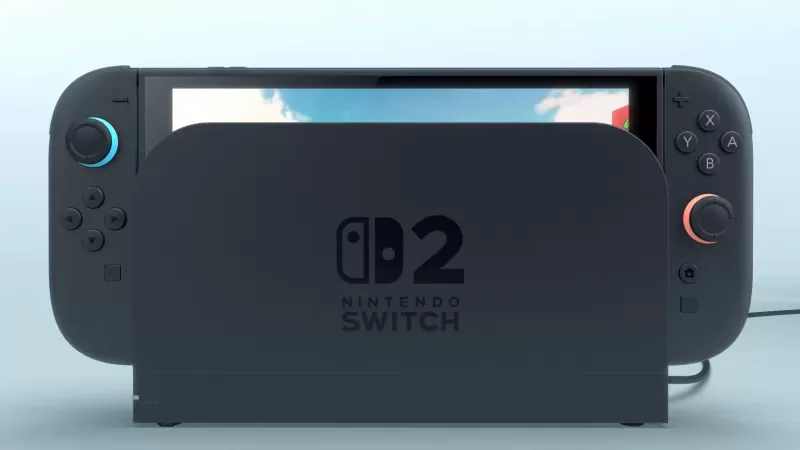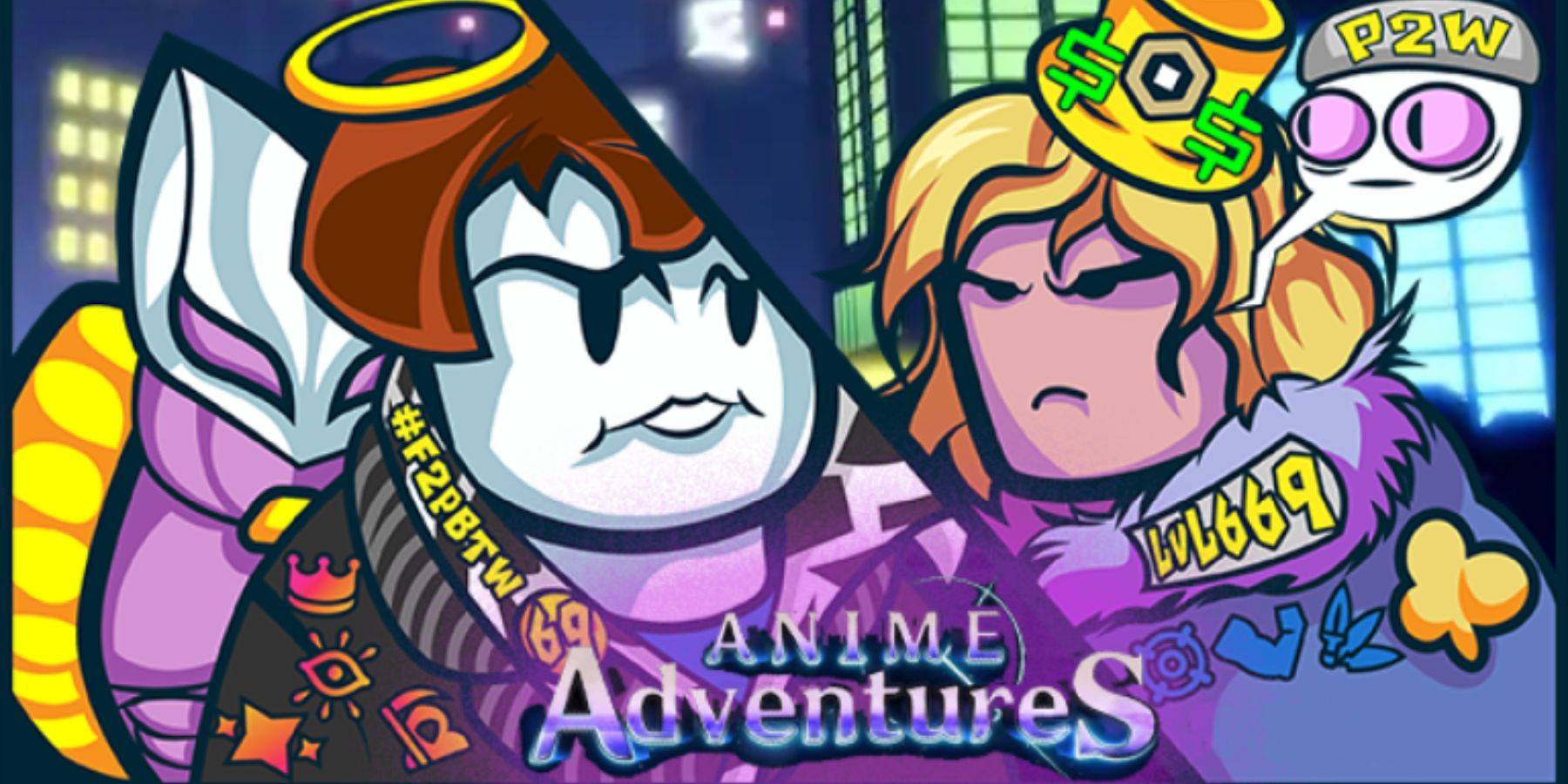Capcom Experimenting With Generative AI to Create 'Hundreds of Thousands of Unique Ideas' Needed to Build In-Game Environments
Capcom is exploring the use of generative AI to address the significant challenge of generating the vast number of unique design ideas required for its game environments—a figure reaching hundreds of thousands. This initiative reflects a broader industry trend, as rising video game development costs push publishers towards AI-powered solutions to streamline workflows and reduce expenses. Previous instances, such as a reportedly AI-generated cosmetic in Call of Duty: Modern Warfare 3 and a suspected AI-created loading screen, have sparked debate within the gaming community. EA's September declaration highlighting AI as "the very core" of its business further underscores this industry shift.
In a recent interview with Google Cloud Japan, Capcom's Technical Director Kazuki Abe, a veteran of titles like Monster Hunter: World and Exoprimal, detailed the company's AI experimentation. Abe highlighted the immense time and effort invested in generating the sheer volume of unique concepts needed for game assets. He cited the design of seemingly simple objects like televisions, each requiring unique designs, logos, and shapes, illustrating the scale of the task. The process involves numerous design proposals—thousands to tens of thousands for such objects per game—each requiring accompanying illustrations and textual descriptions for communication with art directors and artists.
To improve efficiency, Abe developed a system leveraging generative AI. This system processes various game design documents, generating design ideas, providing self-feedback, and iteratively refining its output. The prototype, utilizing AI models like Google Gemini Pro, Gemini Flash, and Imagen, has reportedly garnered positive feedback from Capcom's internal development teams. The anticipated outcome is a substantial cost reduction compared to manual creation, coupled with potential quality improvements.
Currently, Capcom's AI implementation remains focused on this specific area of design ideation. Other critical aspects of game development, including gameplay mechanics, programming, and character design, continue to rely on human expertise.











![After Guardian Angel [remake '17]](https://imgs.21all.com/uploads/77/1731989317673c0f45bdf26.jpg)

















